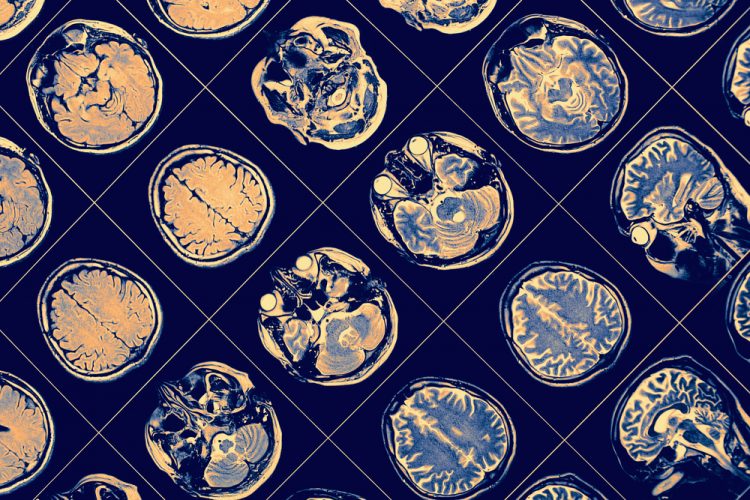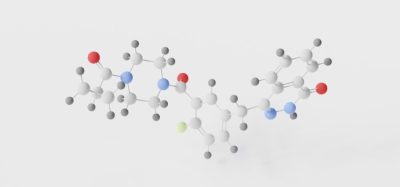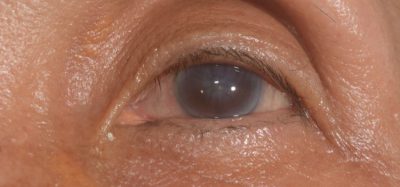Riluzole not beneficial for spinocerebellar ataxia type 2
Posted: 20 January 2022 | Hannah Balfour (European Pharmaceutical Review) | No comments yet
Study reveals riluzole is of no benefit in spinocerebellar ataxia type 2, emphasising the importance of studying homogeneous groups of patients.


Results from a trial of riluzole show the drug did not improve clinical or radiological outcomes in patients with spinocerebellar ataxia type 2 (SCA2), a type of inherited slow progressive brain disorder affecting co-ordination, balance and speech. SCA2 is caused by a defect in the SCA2 gene.
Professor Alexandra Durr’s team from Sorbonne University AP-HP conducted the study to assess whether riluzole would be beneficial to patients with SCA2. The study was undertaken because reports suggested riluzole may be beneficial in spinocerebellar ataxia patients; however, with the heterogeneity of these kinds of genetic neurodegenerative diseases, and more than 50 genes implicated in the various subtypes, its effectiveness needs to be ascertained in the individual subtypes.
The randomised, double-blind, placebo-controlled, multicentre trial (the ATRIL study, NCT03347344) was conducted at eight national reference centres for rare diseases in France, in which 22 patients were randomly assigned to receive riluzole and 23 to receive placebo. The results published in The Lancet Neurology show the trial did not meet its primary endpoint of scale for the assessment and rating of ataxia (SARA) score improvement of at least 1 point after 12 months. At baseline the median SARA score was 13·5, overall seven patients (32 percent) in the riluzole group versus nine patients (39 percent) in the placebo group achieved a one point SARA score improvement. SARA score showed a median increase (ie, worsening) of 0·5 points in the riluzole group versus 0·3 points in the placebo group.
No serious adverse event was reported in the riluzole-treated group whereas four patients in placebo group had a serious adverse event (hepatic enzyme increase, fracture of external malleolus, rectorrhagia and depression). The number of patients with adverse events was similar in both groups (riluzole n=16 [73 percent] versus placebo n=19 [83 percent]).
Despite this, the researchers said the follow-up of patients during this trial provided valuable clinical and brain imaging data on the progression of the disease. This information, they explained, could provide new biomarkers of the disease, which are essential for the evaluation of potential new treatments.
The team concluded that this result does not exclude a possible beneficial effect of riluzole in other forms of ataxia and underlines the importance of evaluating treatments in homogeneous groups of patients, including in rare diseases.
Related topics
Clinical Trials, Drug Development, Drug Safety, Research & Development (R&D), Therapeutics









